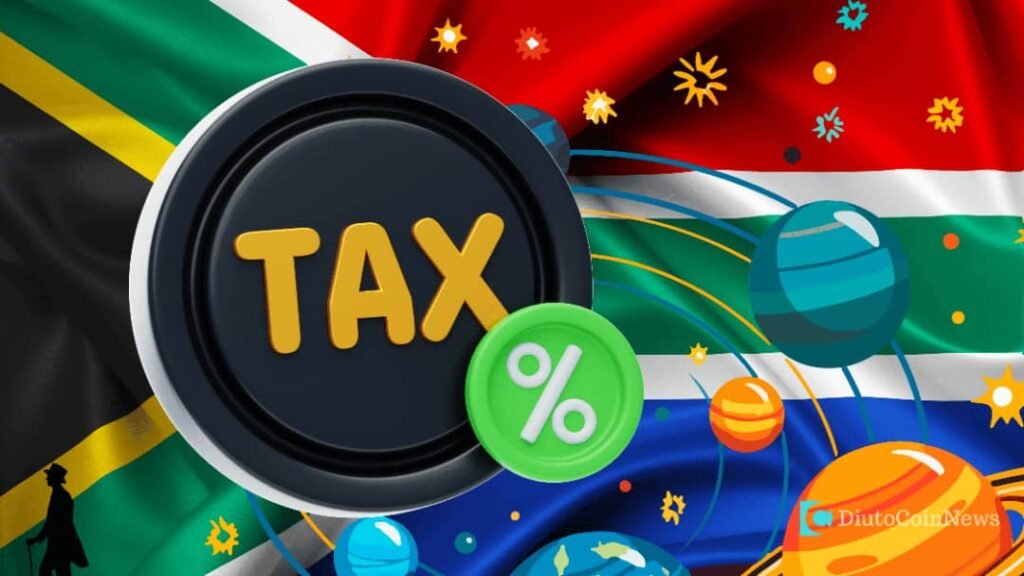Last week saw the increase of Starlink’s monthly internet subscription fee in Nigeria by 97%, from ₦38,000 to ₦75,000. The cost of the Starlink hardware also went up by 34%, from ₦440,000 to ₦590,000 for new users. Starlink stated that “excessive inflation” was the reason for these price hikes.
Simultaneously, Nigerian telecom operators, represented by the Association of Licensed Telecommunications Operators of Nigeria (ALTON) and the Association of Telecommunications Companies of Nigeria (ATCON), have been on the call for price reviews of their own services, claiming that despite inflation and rising operational costs, they have been unable to adjust their prices due to restrictions from the Nigerian Communications Commission (NCC).
They opined that the telecom industry is the only sector that hasn’t reviewed its prices following Nigeria’s economic challenges as their requests for tariff reviews have been stalled for over two years, creating frustration with the NCC.
Minister’s Response to Price Increase
Dr. Bosun Tijani, Minister of Communications, Innovation, and Digital Economy, addressed the operators’ demands in a recent forum, advising them that raising the costs for data, voice, and text services wasn’t the “sole or optimal solution” to the sector’s challenges. He urged the companies to explore innovative ways to handle rising costs, instead of depending on price increases alone.
NCC Accused of ‘Double Standards’
Key stakeholders in the telecom industry have critiqued NCC strongly over its handling of Starlink’s price increase arguing that while the NCC has blocked local operators from raising prices, it allowed Starlink, an internet service provider that only entered the Nigerian market in January 2023, to hike its fees by almost 100%.
Read Also: More than 93% of the total Naira in circulation is not in the Nigerian banks.
An unknown CEO of a local ISP, expressing frustration and disappointment with the situation, said:
“Starlink only beams its satellite into Nigeria and acquired an ISP license from the NCC to offer its service. It currently has zero investment in the country. Many of us started since the liberalization of the telecom sector, putting in all our resources to deploy more infrastructure to get more Nigerians connected despite the various challenges in the operating environment.
“We have been appealing to the Commission to allow us to implement a tariff review for years now, but it said it had to carry out a cost-based study before any decision could be made. We are still waiting for the result of that study. Now, allowing Starlink to implement a price increase in the same market shows the regulator’s double standard.”
Sharing similar concerns, a senior official from one of Nigeria’s mobile network operators (MNOs) asked:
“Why is the NCC not applying the same rule through which it has prevented local operators from reviewing their tariffs to Starlink? How can we trust the NCC as an unbiased umpire in the industry when it closes its eyes to infractions coming from certain quarters?”
The Law and NCC’s Responsibility
The NCC has been given the power to regulate telecom tariffs by The Nigerian Communications Act (NCA) 2003. Section 108 of the Act states that no licensee can charge for services until the NCC approves the rate, outlining clearly that “Holders of individual licences shall not impose any tariff or charges for the provision of any service until the Commission has approved such tariff rates and charges.”
Despite these provisions, it’s uncertain if the NCC officially approved Starlink’s price increase. Local operators argue that while their own requests for tariff reviews have not been looked upon, Starlink’s price was allowed to rise, even though their operational costs have risen sharply due to Nigeria’s high inflation and forex crisis.
As the NCC is yet to comment publicly on the situation, efforts to reach Dr. Reuben Muoka, the Commission’s Director of Public Affairs, for clarification have so far been unsuccessful.
In conclusion, the recent hike in the price of Elon Musk’s Starlink internet service has raised concerns, putting the reputation of the NCC under scrutiny. Nigerians are now calling for regulatory reforms to ensure fair and equal treatment for all players in the telecom industry.
Discover more from DiutoCoinNews
Subscribe to get the latest posts sent to your email.











